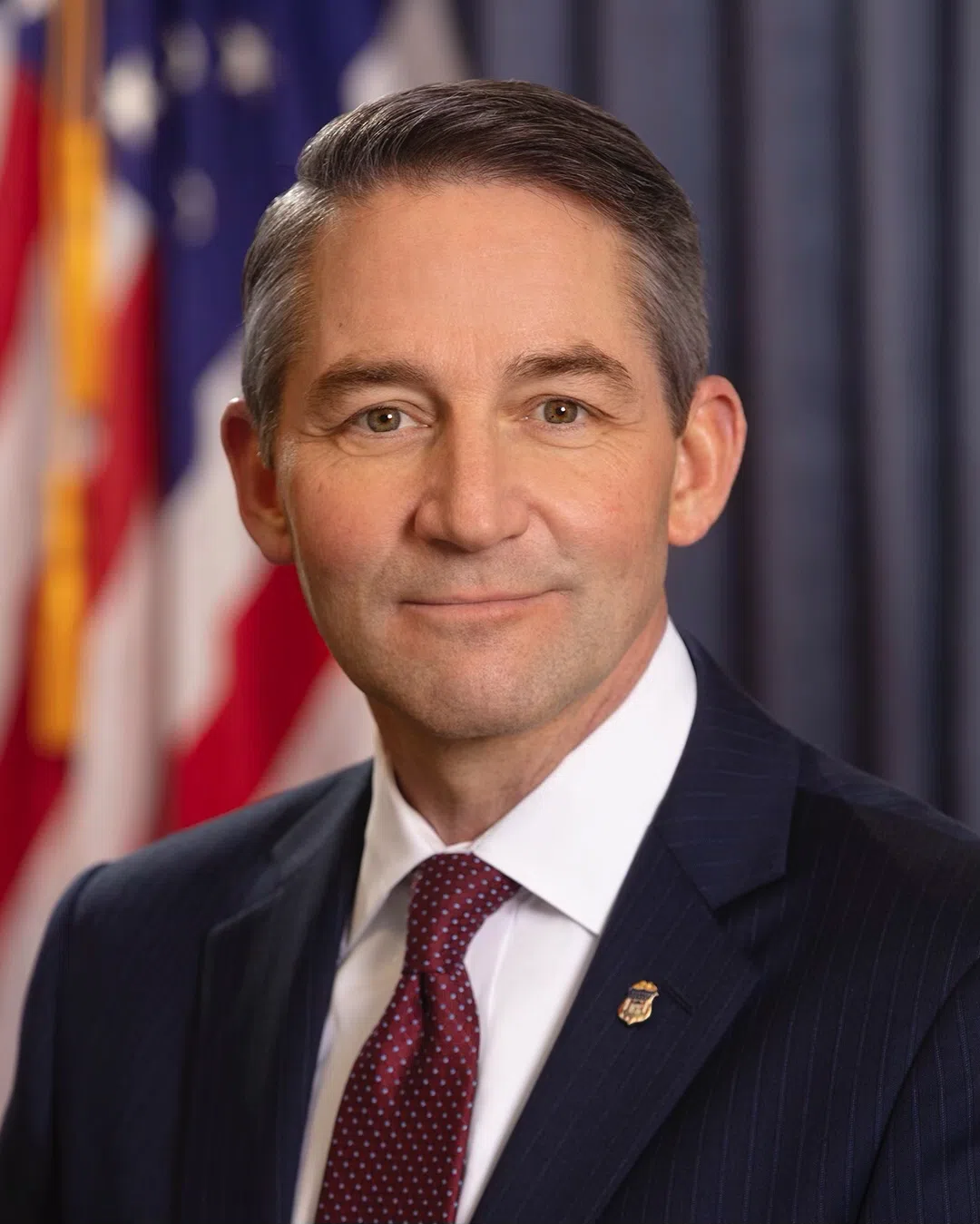BISMARCK, N.D. – Attorney General Drew Wrigley said Wednesday that he will ask the North Dakota Legislature to boost his agency’s budget to expand the state crime lab and hire more officers to work with federal law enforcement on American Indian reservations.
Though he refused to give a dollar amount, Wrigley told reporters at the state Capitol that he would request significantly more than the agency’s current two-year budget of $96.4 million when the Legislature reconvenes in January. He said the money is necessary enhance public safety.
“We’re not trying to build a kingdom here,” he said.
Agencies are allowed to introduce bills in the state Legislature without seeking a legislative sponsor.
Wrigley was appointed to the state’s top law enforcement position after North Dakota’s longest-serving attorney general, Wayne Stenehjem, died in January from cardiac arrest. Wrigley, a Republican, has served twice as U.S. attorney in North Dakota and he spent six years as lieutenant governor. He won election last week with 71% of the vote.
The crime lab in Bismarck is among the top priorities for his office, Wrigley said. With more funds, the facility could be expanded and more personnel hired to clear backlogs of evidence processing. At least two people would be hired to test weapons used in crimes.
Currently, firearms used in crimes must be sent out of state for testing because the lab has no one to do it, resulting in delays in prosecution that prevent a defendant’s “right to speedy trial.”
Wrigley said he also would ask for at least three new Bureau of Criminal Investigation officers to investigate crimes on tribal land. He said one such officer already assists tribal police on the Spirit Lake Reservation.
The move was possible after an agreement with the Spirit Lake Tribe, Wrigley said. Similar agreements are in the works with the Turtle Mountain Band of Chippewa, Standing Rock Sioux and the Mandan, Hidatsa and Arikara Nation, known as the Three Affiliated Tribes, he said.
More funding also will be requested to expand and provide at least one additional investigator to a special Medicaid fraud unit. Wrigley said that division typically pays for itself through collections after convictions of wrongdoing surrounding the medical insurance program for the poor.
The Attorney General’s office has about 253 employees. Wrigley said he would seek merit-based pay increases for them.











